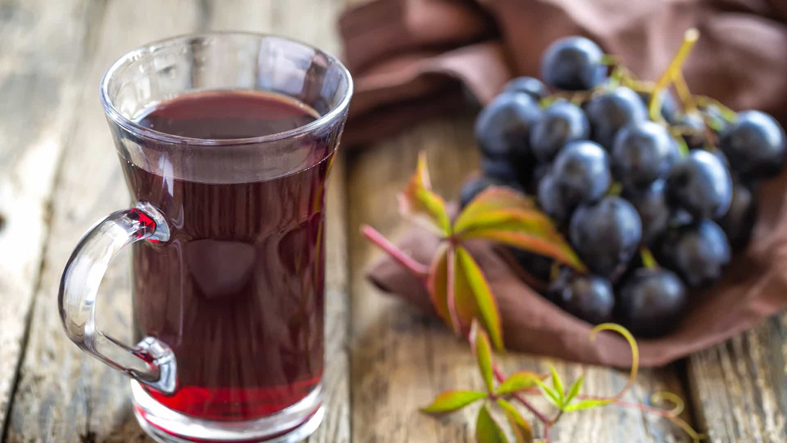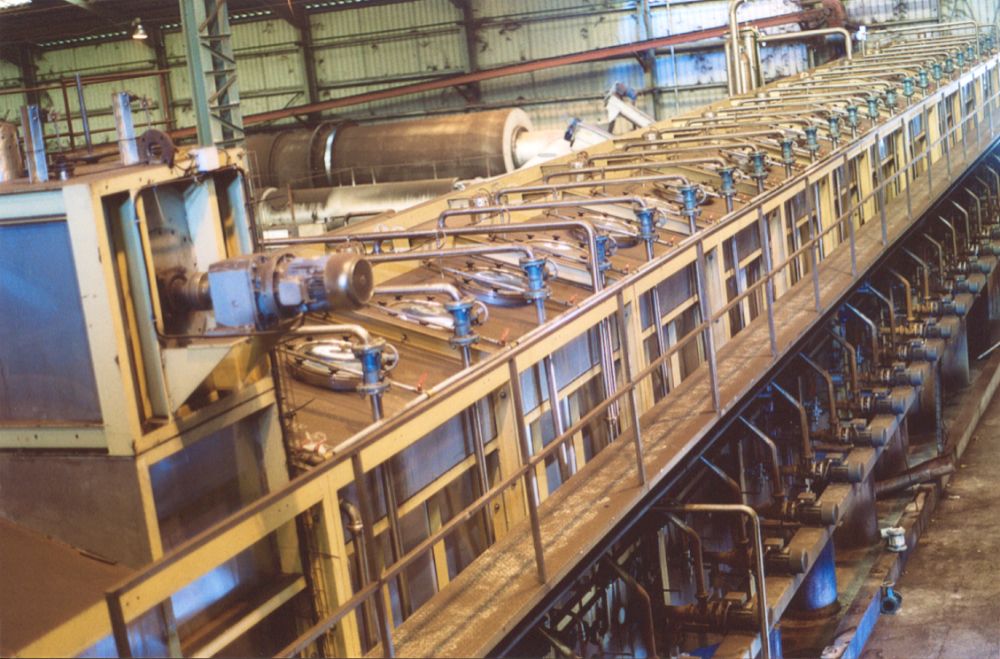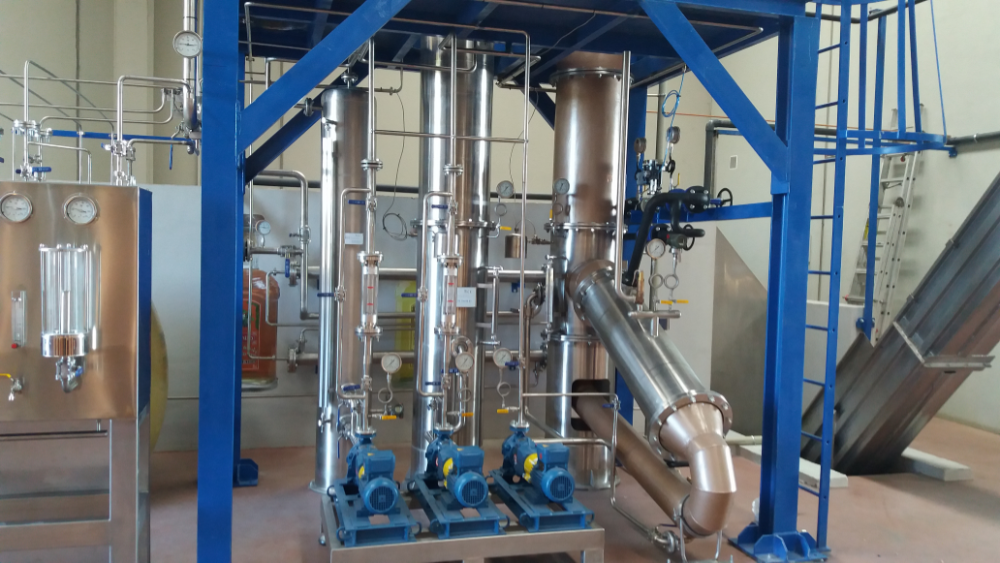
From its origins, Grupo Vento’s activity has been linked to this sector. Experience has given us a high level of know-how, which is reflected in the registration and practical application of some patents. Experience and constant technological renewal have allowed us to develop multiple projects in this area.
On the one hand, our activity focuses on the supply of equipment, such as multi-column alcohol devices, fractional distillation facilities, resin columns for demineralization of alcohols, stills for batch distillation, pomace and grain dryers and so on.
On the other hand, we offer solutions for complete line projects, such as for alcohol obtaining from different raw materials, for the industrialization of pomace and lees, for the valorization of by-products altogether with integrated waste treatment, process optimization, etc.

NOCYANIN OBTENTION. RECOVERY OF TARTARIC PRODUCTS
Obtaining enocyanin by cold diffusion. Water and alcohol recovery.
Obtained by cold color diffusion, combined with warm tartaric diffusion. The process also incorporates a multiple effect evaporator, with built-in distillation equipment.
PROCESSING OF MARCES NOT SUITABLE FOR COLOR
By hot diffusion at 75-80 ºC. This process avoids the discharge of wastewater. A high-performance press is also incorporated and the vegetation water is suitable to reuse in the diffusion unit.
Obtaining sugary matter, alcohol and bitartrate by means of hot diffusion.
WINE LEES PROCESSING
Based on a lees distillation column with high energy performance and minimal fouling, incorporating a self-cleaning system for the distillation plates. It does not need air extraction for the evaporated water, among other improvements, thus increasing its energy efficiency.
Obtaining lime tartrate by acidification with nitric acid. High energy efficiency.
DISTILLATION OF SURPLUS WINES
Based on an integrated multiple-effect evaporator-distiller equipment, which allows the wine lees to be evaporated, without consumption of steam, using the heat energy lost in the condensers of the distiller equipment. The concentrate obtained is suitable for: livestock feed, natural fertilizer or for the recovery of its tartaric matter.
Obtaining concentrate suitable for natural fertilizer. Energy optimization.

Respectful with for traditional uses, incorporating technological improvements.
We have developed this equipment that respects artisan uses but incorporates some technological concepts of great functional importance. Once the distilled pomace has been emptied and the heads, the liquor and the tails have been separated, the equipment is ready for a new load and to start the work cycle again.
The fermented pomace is introduced to the boilers. To obtain alcohol (brandy) and spent pomace.